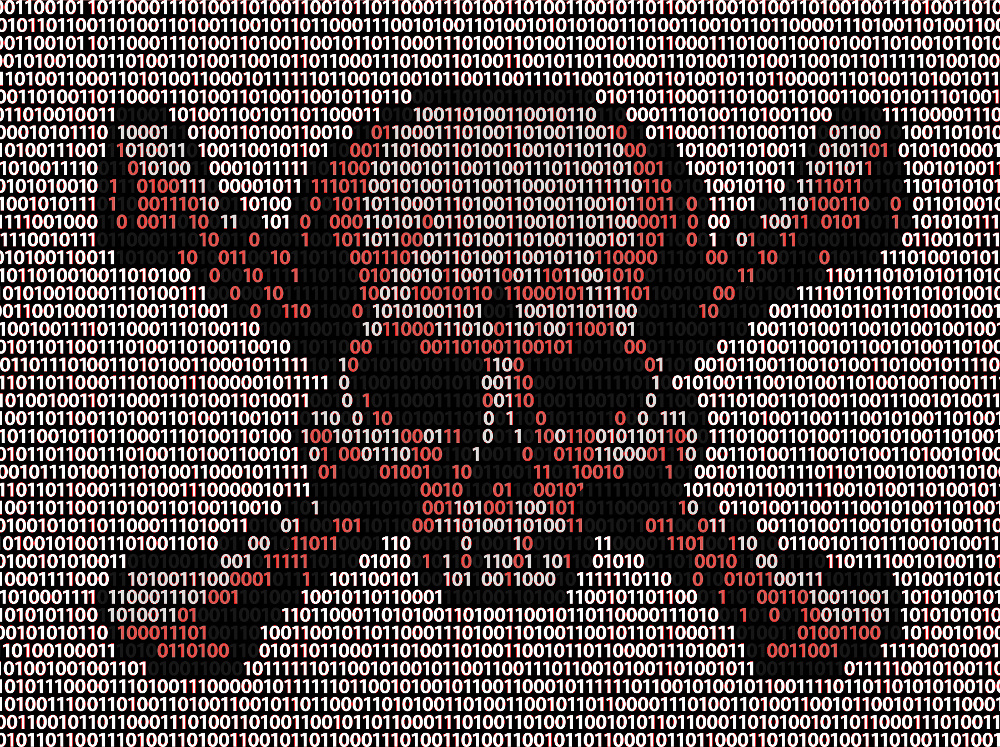Two major South Korean bitcoin and digital currency exchanges were hacked in 2017. Yet, users, traders and investors continue to store their bitcoin and other cryptocurrencies such as Ethereum, Litecoin and Ethereum Classic on custodial exchanges and centralized platforms.
There exists a fundamental difference between a custodial and a non-custodial platform. Custodial wallet platforms and exchanges include centralized platforms such as US-based Coinbase and South Korea-based Coinplug, that have absolute control over user accounts, private keys, passcodes and other relevant information.
Non-custodial wallet platforms include Blockchain, the second largest wallet platform in the world with over 15 million functional wallets, popular hardware bitcoin wallet Trezor and Mycelium, that do not hold private keys for users. Any sensitive data and cryptographic keys are held by the user which can’t accessed and retrieved by platform operators.
Hence, even during an event of a security breach or a severe hacking attack wherein the platform’s security is placed under jeopardy, user accounts and wallet platforms remain safe and invulnerable to hackers. For instance, Blockchain’s wallets can be backed up with passphrases, which users can utilize to recover funds in the event of a security breach.
South Korea’s Largest Exchanges Hacked
Earlier this week, Bithumb, the largest digital currency exchange in South Korea was hacked, leading to the loss of hundreds of thousands of dollars worth of user funds in bitcoin, Litecoin, Ethereum, Ripple and Ethereum Classic.
Bithumb is one of the largest exchanges in Asia, which processes around $700 million worth of cryptocurrency trades on a daily basis at its peak. According to various bitcoin market data providers, Bithumb holds 55.1 percent of the South Korean bitcoin exchange market share, processing around $31.2 million in bitcoin trades in a day.
The official announcement from the Bithumb team revealed that the employee PC at the company was hacked, not the head office server. Personal information of around three percent of users were leaked. More importantly, $870,000 worth of bitcoin was stolen.
Bithumb’s official announcement read:
“The employee PC, not the head office server, was hacked. Personal information such as mobile phone and email address of some users were leaked. However, some customers were found to have been stolen from because of the disposable password used in electronic financial transactions.”
Don’t Store Bitcoin on Centralized Platforms, Use Non-Custodial Wallets
Centralized trading and wallet platforms such as Bithumb have severe security flaws; upon the successful execution of a hacking attack, bitcoin and other cryptocurrencies can be stolen, along with sensitive personal information of users.
Analysts and security experts encourage bitcoin traders and investors to utilize digital currency exchanges for what they are, to trade fiat to bitcoin, and move bitcoin to safer and more secure wallet platforms that do not control the private keys of users.
One major advantage of bitcoin over other currencies and assets such as fiat and gold is that users can always maintain full control over their money and wealth. Bitcoin is a decentralized peer to peer financial network and there exists no reason to store bitcoin with intermediaries and third party service providers that may jeopardize the security of user accounts and most importantly, user funds.

